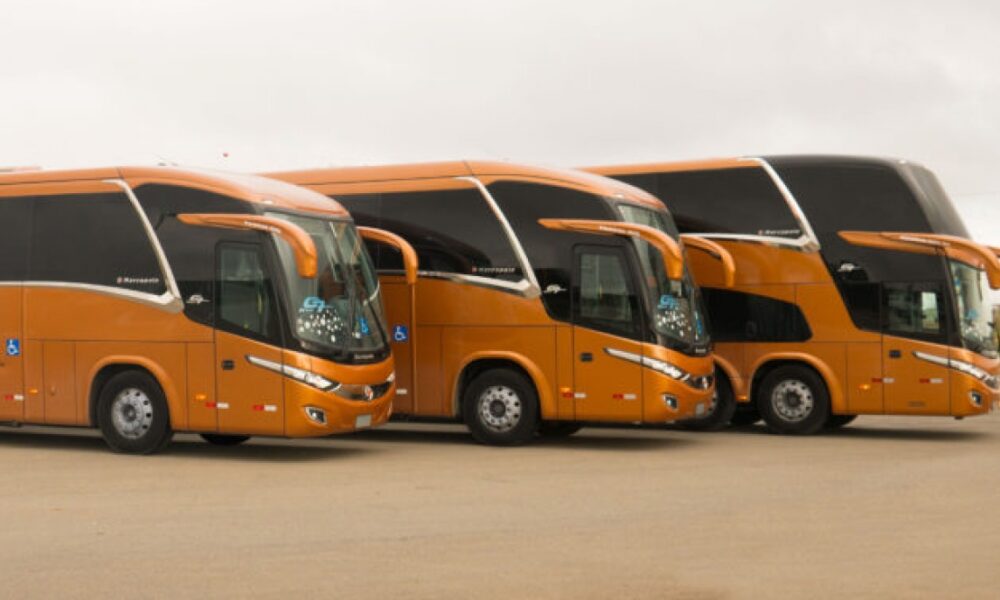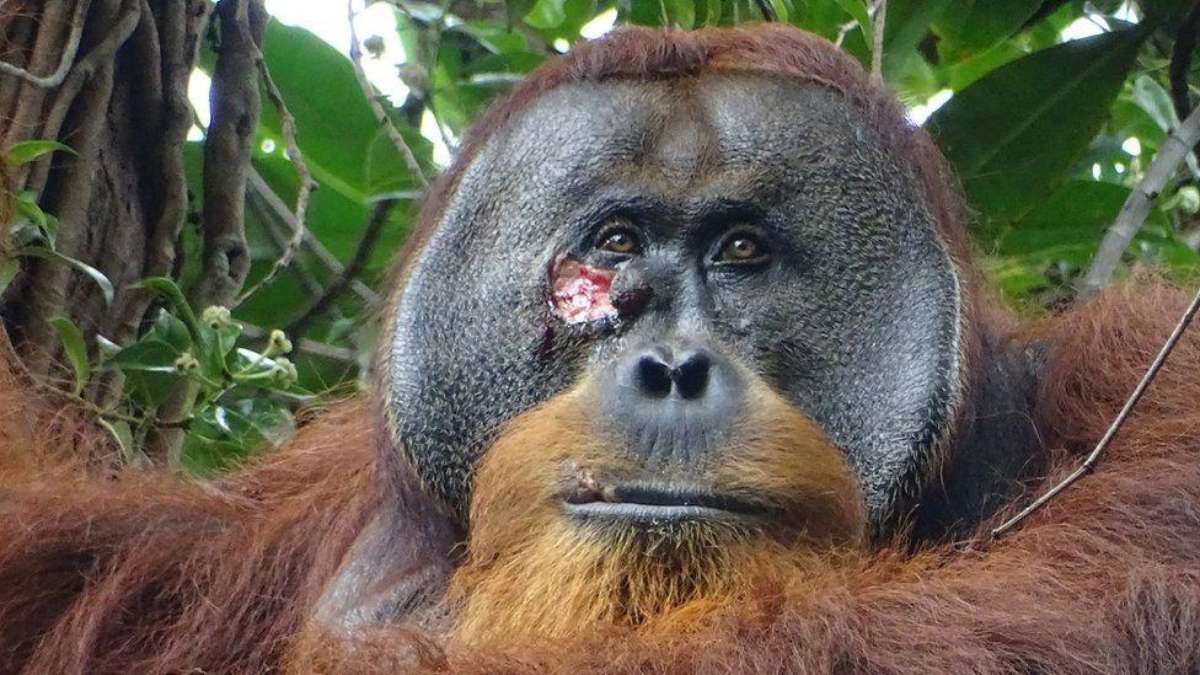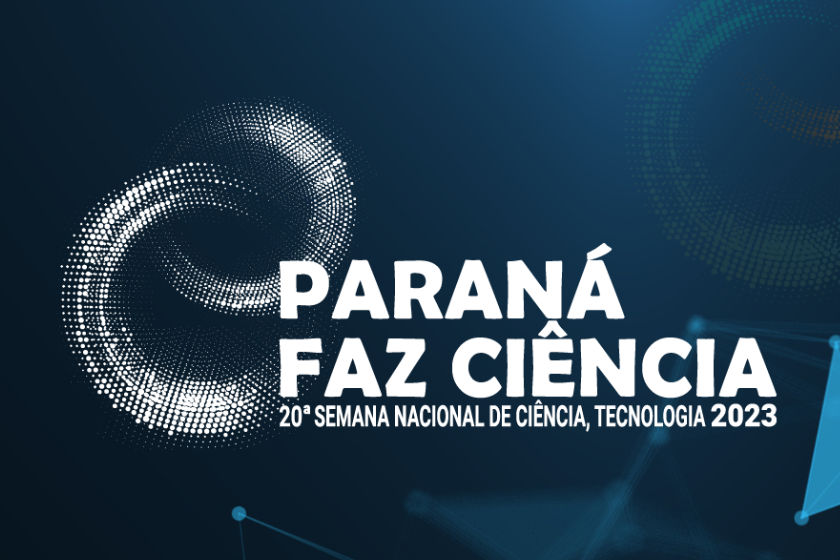Academic events State Week of Science, Technology and Higher Education in Paraná – Paraná Vaz Ciencia 2023 It will receive hundreds of students and researchers to present the results obtained in projects developed by UEL, within the scope of teaching, research and extension. From 7 to 10 November, at the same time, several proposals related to Axis 6 of the program intend to move the UEL campus: the 32nd Annual Scientific Commencement Meeting (EAIC 2023) and the 4th Annual Scientific Commencement Meeting (EAICjr); 6th Annual University Guidance Meeting and 12th Guidance Symposium (by extension); 5th Annual Exhibition of Educational Activities (Pró-Ensino 2023); First meeting of research support committees in Paraná; The first meeting of state editors and science journalists; A meeting of professors and coordinators of postgraduate programs at universities in Paraná.
With its own program for each event, those interested in participating must register on the event page. Programming the sixth axis. According to Professor Silvia Meletti, Dean of Research and Postgraduate Studies (ProPPG) at UEL, this will be a unique opportunity for the community to learn about everything university life has to offer. “You will be surprised,” he guarantees.
Below are details about the projects offered. Paraná Faz Ciência 2023, the state’s largest science event, will be held at the UEL from November 6 to 10 and is supposed to bring together about 30,000 people for a week.
EAIC and EAICjr 2023
The 32nd Annual Science Initiative Meeting (EAIC) and the 4th Annual Science Initiative Junior Meeting (EAICjr) will be held from 7 to 9 November. Under the coordination of the Dean of Research and Postgraduate Studies at UEL (ProPPG), they aim to spread progress in different fields of knowledge, through the exchange of experiences between students, teachers and postgraduates. This year, the celebration is expected to exceed the mark of 1,000 participants, according to Professor Klodimir Zuccarelli, General Coordinator of EAIC.
Possible to compete for an honorable mention of scientific merit, the analyzes cover eight main topics: agricultural sciences; biological sciences; Health sciences; Humanities; Exact sciences and earth sciences; Social and applied sciences. engineering; Linguistics, literature and arts. The current edition has financial support from the National Council for Scientific and Technological Development (CNPq), the Secretariat of Science, Technology and Higher Education (Seti) and the Araucaria Agency for Science, Technology and Innovation of Paraná.
By extension 2023
Por Extenso 2023, represented by the 6th Annual University Extension Meeting and the 12th Extension Symposium, is organized by the Vice Rector for Extension, Culture and Society (Proex) of the UEL, in partnership with Agência Araucária. From November 6 to 10, the program’s activities focus on integrating the academic community with society, through the presentation of research and round tables.
It is estimated that at least 250 works will be eligible for this stage, according to Proex’s Director of Events, Culture and Community Relations, Professor Ana Luisa Boavista.
Pro Encino 2023
Pro-Ensino: The fifth annual exhibition of teaching activities will take place on 10 November, with presentations of works in the morning and afternoon, in the rooms of the Center for Applied Social Studies (Cesa) at UEL. Promoted by the Dean of Undergraduate Studies (Prograd), the event aims to introduce teaching research projects, PFC programmes, teaching residencies, Pibid, PETs and small businesses and UEL Access Centre. It also aims to promote educational activities linked to other universities in Paraná.
The deadline for registration and submission of papers ends at 11:59 pm on October 27. With a one-time fee of R$40, interested parties must choose between four options: Job provider – student or professor at UEL; Job Provider (A) – a student or teacher from other state institutions; advisor); And the participant – without a job offer. The certificate awards a total workload of 12 hours.
First meeting of the Parana Research Support Committees
From 9 to 10 November, the Ethics Committee for the Use of Animals (CEUA), the Ethics Committee for Research Involving Human Subjects (CEP), and the Committee on Genetic Heritage and Associated Traditional Knowledge (CPGEN) will meet on the UEL campus. .) and internal committees for biosafety (CIBio).
Group discussions revolve around four lectures: “Ethical principles in animal research and current legislation” (CEUA); “Experiments and experiences in the CEP/CONEP system and Plataforma Brasil during the Covid-19 period” (CEP); “Laboratory Biosafety and Research in High Biocontainment” (CIBio); and “SISGEN and the Brazilian Biodiversity Law” (CPGEN).
According to Professor Adriana Lourenço Soares Russo, CEP Program Coordinator at UEL, the main role of the institution is to protect the research participant and support the researcher regarding projects that directly or indirectly involve human beings. Furthermore, being one of the largest and oldest committees in the region, the committee also trains others who are in the training phase, with accreditation from the National Committee for Research Ethics (Conep). According to her, the event is expected to allow the exchange of experiences, through dilemmas that promote mutual growth.
Meeting of professors and coordinators of postgraduate programs at universities in Paraná
On the ninth day, researchers will also be able to participate in a meeting of professors and coordinators of graduate programs at Paraná universities. Between 2pm and 4pm, participants will attend the roundtable “Higher Studies in Paraná: Challenges and Perspectives”, with Professors Giovanni Marino Favero (UEPG) and Silvia Meliti (UEL).
The first meeting for scientific editors and journalists in the country
With the aim of discussing the importance of scientific publishing, the first meeting of science editors and journalists in the state of Paraná presents to the community the impact of science produced in the academic field. From 8:30 am, on 10 November, the UEL Campus becomes a space for dialogue between researchers, communications professionals, students and the general public. This initiative is implemented by the Dean of Research and Postgraduate Studies (ProPPG) at UEL in partnership with the Coordination of Social Communication (COM).
According to social media coordinator, Beatrice Botello, from the organizing committee, this is the first time that science journalism has made progress in a broader program that includes other educational institutions. “Listening to the experiences of some at the national level, as is the case of the researcher from Embrapa (Brazilian Agricultural Research Commission, Jorge Duarte Mena), listening to the experiences of our researchers from Paraná or the scientific publishing actions they have already done. All this is very rich, it is a space Through it we can discuss and listen to other experiences and also enrich our knowledge.
For expert reporting, Professor André Azevedo da Fonseca, from the Department of Communication (Ceca) at UEL, together with Professor Ana Paula Machado, from the State University of Maringá (UEM), provide an overview of expert journalism in the digital environment. In order to explain the challenges of scientific publishing in this field, it mentions other alternatives Offline online Which is considered the most effective.
The YouTuber, who has a channel with more than 100,000 subscribers and is recognized by the Science Vlog community for high-quality scientific production, states that “social media networks are not appropriate spaces for this type of activity (scientific publishing) and have limited effects, and sometimes institutions exaggerate Research is appreciated.” “Universities were convinced that it was inevitable to transfer academic knowledge to social media to attract the attention of young people. But today I have no doubt that it was a trap, the result of intense propaganda promoted by the companies developing the platforms.
“Social networks are spaces saturated with noise that intensify anxiety and seriously impair the ability to concentrate. Users are urged to repeatedly and constantly consume random and disconnected data, which increases attention and makes learning impossible. In my opinion, one of the essential roles of communicating Science Today is specifically about keeping young people away from social media and attracting them to university.
Professor Andre Fonseca, from the Department of Communications (CICA).
Registration for the chat circles is free and is now available on connection.
* Journalism intern at COM/UEL.

“Hardcore beer fanatic. Falls down a lot. Professional coffee fan. Music ninja.”

:strip_icc()/i.s3.glbimg.com/v1/AUTH_59edd422c0c84a879bd37670ae4f538a/internal_photos/bs/2024/c/3/wyn2SQSkKKEk2un5ZHFw/orango.png)





More Stories
Wild orangutans use the plant to heal wounds
Students can apply for a FAPDF Science Award
Discovering the deepest sea hole in the world in Mexico | The world and science